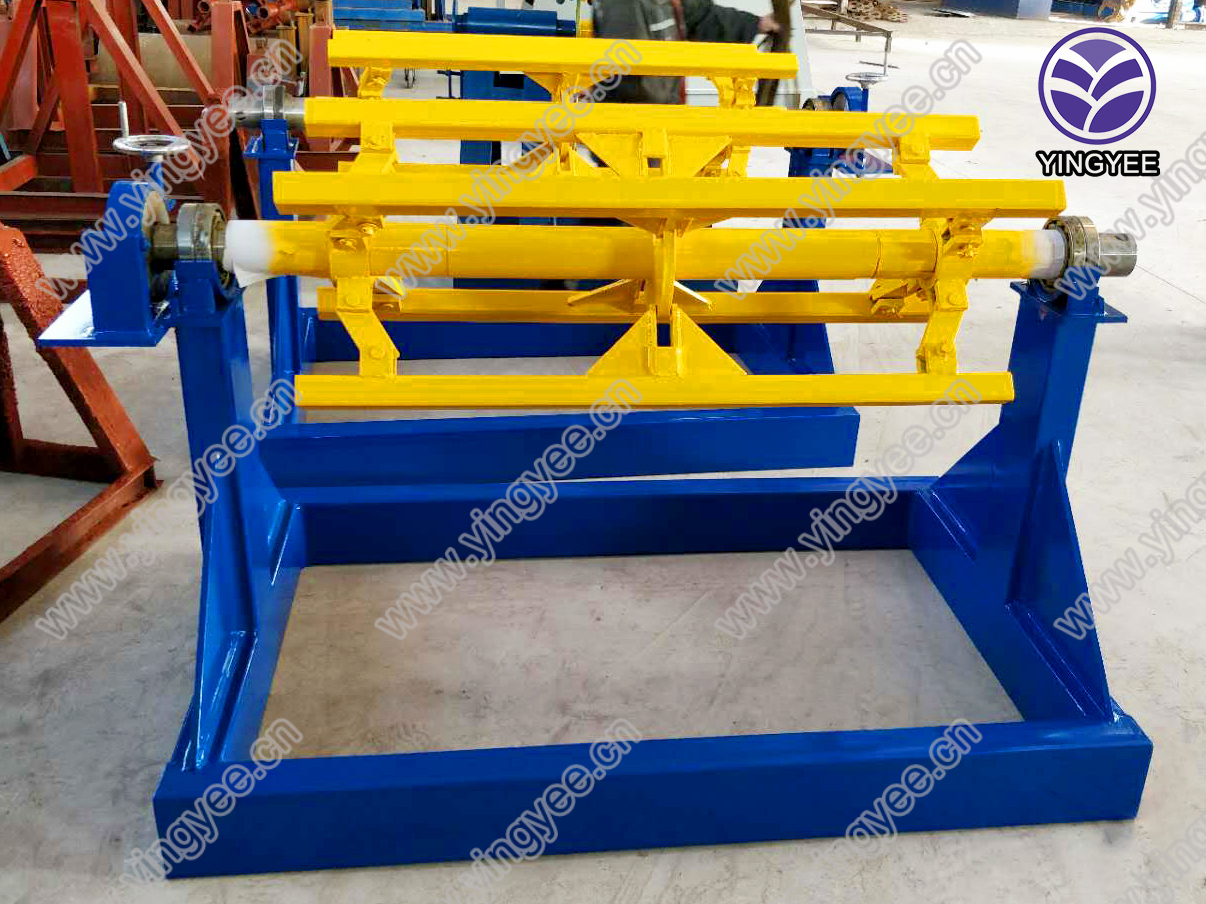
Understanding Drywall Roll Forming Machines
Drywall roll forming machines are essential industrial tools used in the production of drywall, a widely utilized material in construction for interior walls and ceilings. This innovative machinery significantly enhances the efficiency and speed of drywall production, catering to the demands of the construction industry.
What is Drywall?
Drywall, also known as gypsum board or plasterboard, consists of a layer of gypsum sandwiched between two layers of heavy paper. It is favored for its fire-resistant properties, soundproofing capabilities, and ease of installation. Traditionally, drywall sheets are manufactured in large sheets, but recent advancements in technology have introduced more versatile methods, such as roll forming.
How Does a Drywall Roll Forming Machine Work?
A drywall roll forming machine operates by feeding a continuous strip of material, typically steel or aluminum, through a series of rollers that shape it into specific profile designs. These profiles can be tailored to meet various construction requirements, making it a flexible choice for manufacturers. The key components of a drywall roll forming machine include
1. Material Feeding System This ensures that the raw material is fed consistently into the machine. 2. Roller Stations These are the heart of the machine, where the metal strip is shaped. Each roller station has a specific profile it imparts to the material. 3. Cutting Mechanism Once the desired shape is formed, the machine cuts the profiles into specified lengths. 4. Control System Modern machines come equipped with computerized controls, allowing manufacturers to set precise parameters for production runs, enhancing repeatability and minimizing waste.

Advantages of Using Drywall Roll Forming Machines
1. Efficiency Roll forming machines can produce profiles at a remarkable speed, significantly increasing production rates compared to traditional methods. 2. Customization Manufacturers can easily adjust the roller configurations to create different profiles as needed, allowing for custom orders without significant downtime. 3. Minimal Waste The continuous production process reduces scrap material, which is both cost-effective and environmentally friendly. 4. Quality Consistency Automated processes ensure that each product meets the required specifications, resulting in uniform quality across batches.
Applications of Drywall Profiles
The profiles produced by drywall roll forming machines are used in various applications, including
- Wall Framing Construction projects require strong and reliable frameworks for drywall installation. Roll-formed metal studs and tracks provide a lightweight yet robust solution. - Ceiling Systems The efficiency of roll forming allows for quick production of profiles used in ceiling systems, such as grid systems for suspended ceilings. - Architectural Elements Custom profiles can enhance the aesthetic appeal of interiors by adding decorative elements to drywall partitions and ceilings.
Conclusion
The drywall roll forming machine has revolutionized the way drywall and its accompanying structures are produced. The combination of speed, efficiency, and customization makes it a vital component of modern construction practices. As technology continues to evolve, we can expect further advancements in roll forming processes, leading to even greater efficiencies and innovations in the construction industry. With the growing demand for sustainable and efficient building materials, drywall roll forming machines will play a crucial role in shaping the future of construction.